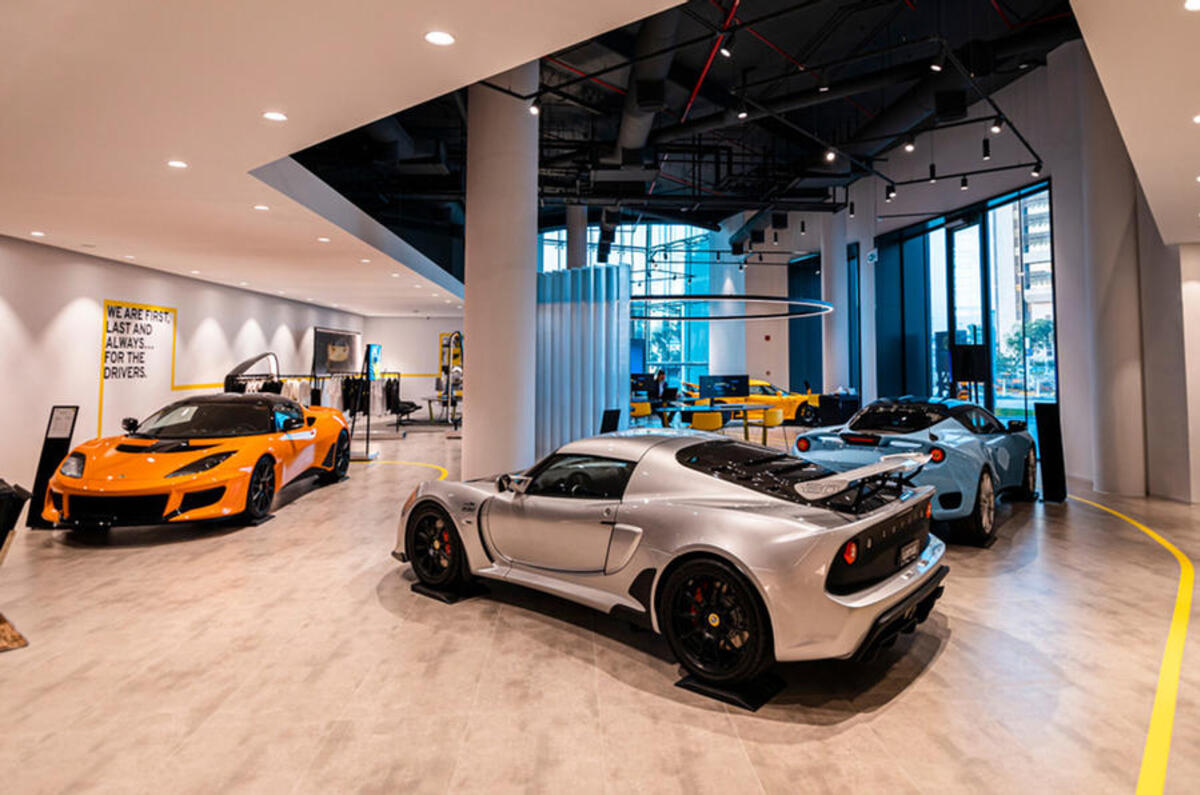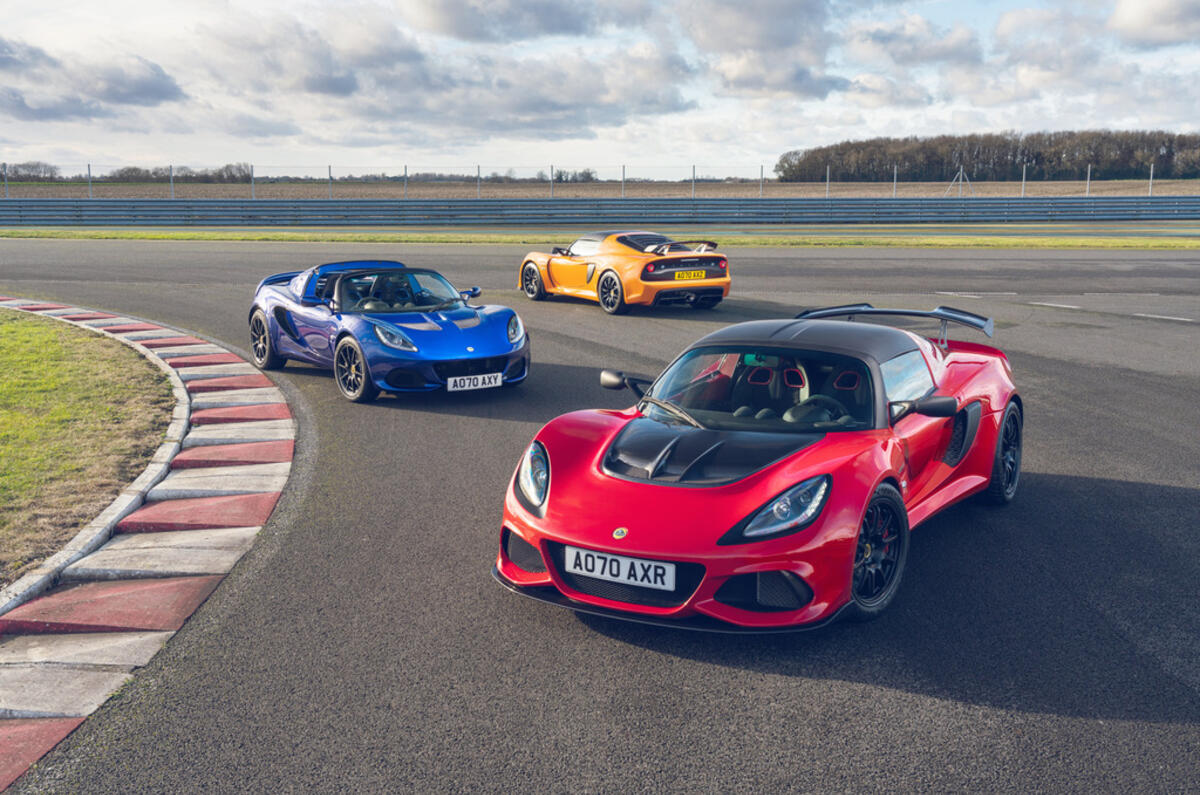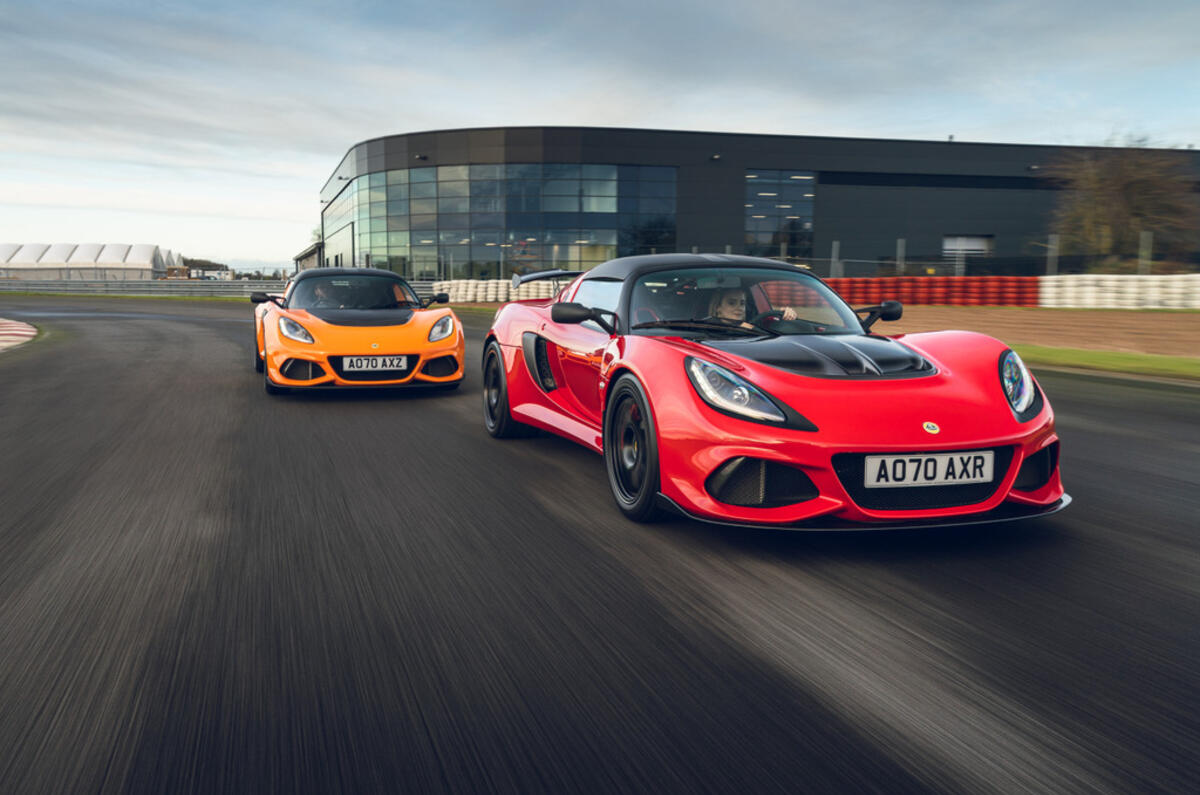Car brands such as VW, Alfa Romeo, Cupra, Mercedes and now Lotus are planning a shift to a so-called agency model of retailing where you buy the car from the brand, with the dealer now reduced to their ‘agent’.
Lotus’s currently skimpy model line-up has helped it push through what is a fairly radical change starting with sales of the new Emira sports car and continuing with the electric SUV coming late this year.









Add your comment